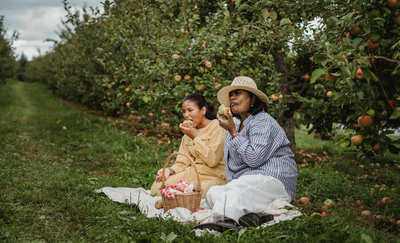Breastfeeding for Vegans: Ensuring Healthy Breast Milk on a Vegan Diet
Breastfeeding for Vegans: Ensuring Healthy Breast Milk on a Vegan Diet
Many women are choosing vegetarian or vegan diets, thanks to numerous reports about the health benefits of such diets. This includes decreased incidence of heart disease, diabetes, hypertension and obesity. Many patients who change from carnivorous diets to vegetarian or vegan diets report “feeling better” and may have fewer issues with inflammatory diseases including eczema, asthma and arthritis.
The concern some people have with vegan diets is getting enough vitamins and minerals. The most common issues are vitamin B12 deficiency and iron deficiency. In fact, vegan mothers are some of Lactation Lab’s most common clients, eager to ensure that their babies are getting the nutrition they need.
One interesting study found that vegan and vegetarian mothers are more likely to breastfeed their children when compared to non-vegetarian mothers and they also do so for a longer period of time.
Although plant-based diets are at risk for nutritional deficiencies such as protein, iron, vitamin D, calcium, iodine, omega-3’s and B12, well-planned diets rich in grains and legumes combined with supplements can provide adequate nutrition to both mother and baby during pregnancy and breastfeeding. Following a rich plant-based diet during pregnancy can also be protective against the development of preeclampsia, pregravid obesity and reduce the risk of their child developing asthma, diabetes and even some pediatric tumors.
In our own testing of the breast milk of vegan and vegetarian mothers at Lactation Lab, we have seen tendencies of lower levels for B12, calcium and iron. We recommend that all vegan and vegetarian women make sure they have an adequate source of B12, which is important for maintaining a healthy central nervous system, production of DNA and RNA, formation of red blood cells and overall metabolism.
Protein intake should also be increased by 10% in vegan pregnant and breastfeeding women. Additional servings of protein-rich plant foods such as legumes, soy milk, soy yogurt, tofu, and meat analogs based on wheat or soy protein, nuts and seeds are essential.
There are many benefits to vegan and vegetarian diets. We recommend that vegans that are nursing consider taking the following supplements: Calcium, iron, B12, DHA and Vitamin D (universally recommended for all breastfeeding infants). Researching the specific supplement you plan on taking is important, as ingredients can vary and even contain toxic heavy metals.
If you are concerned or even just curious about the nutritional content of your breast milk, consider having your milk tested for peace of mind and practical, achievable steps you can take (if needed) to improve the quality of your breast milk.






